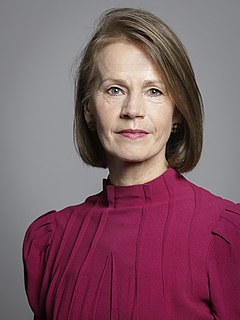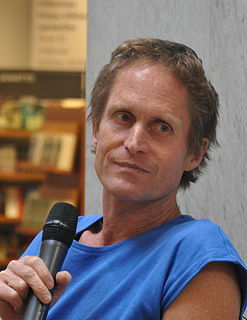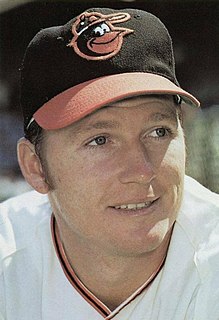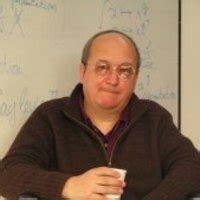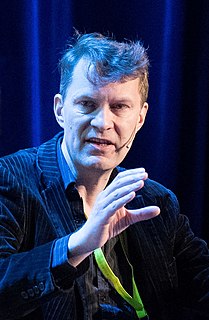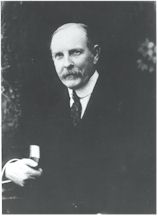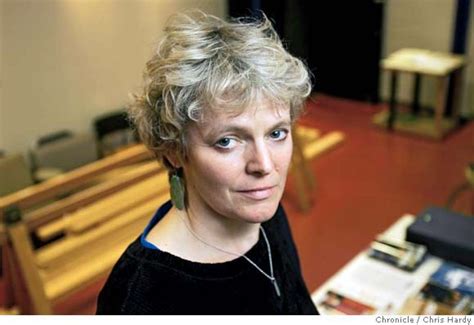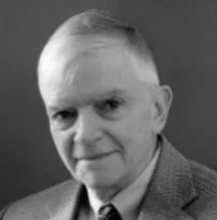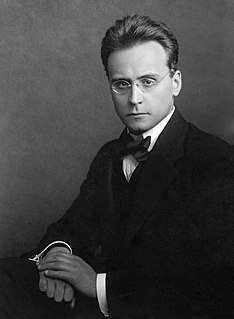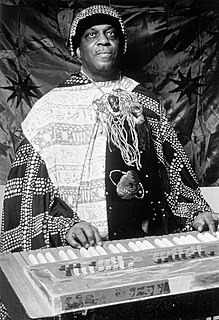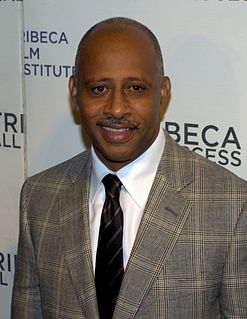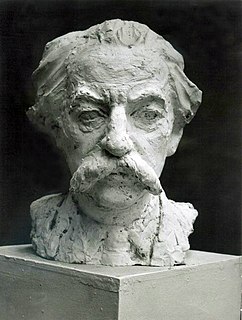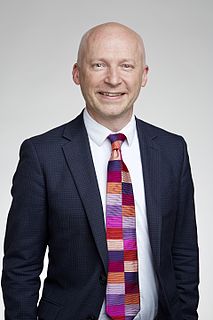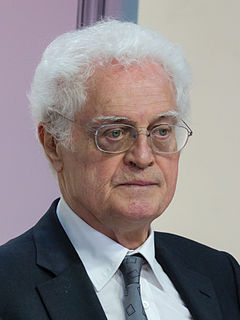Top 1200 Language Development Quotes & Sayings - Page 17
Explore popular Language Development quotes.
Last updated on April 19, 2025.
One of my favorite literary theorists, Mikhail Bakhtin, wrote that the defining characteristic of the novel is its unprecedented level of "heteroglossia" - the way it brings together so many different registers of language. He doesn't mean national languages, but rather the sublanguages we all navigate between every day: high language, low language, everything. I think there's something really powerful about the idea of the novel as a space that can bring all these languages together - not just aggregate them, like the Internet is so good at doing, but bring them into a dialogue.
It is believed that physiognomy is only a simple development of the features already marked out by nature. It is my opinion, however, that in addition to this development, the features come insensibly to be formed and assume their shape from the frequent and habitual expression of certain affections of the soul. These affections are marked on the countenance; nothing is more certain than this; and when they turn into habits, they must leave on it durable impressions.
Through the art of personal development, we see an opportunity for these animals to inspire compassion, essentially creating a path to deep personal growth. This program [Animal sanctuary] will deploy ISF's youth development program, U Factor. The program helps youth identify their passion, cultivate their talent, amplify their purpose, and connect the younger generation to diminishing species and biodiversity.
The Far East is of particular significance for us in terms of this region's priority development. Over the last few years, let us say even over the last decades, we were faced with many problems here. We paid little attention to this territory although it deserves a lot more of it, because it concentrates great wealth as well as opportunities for Russia's future development.
When we say 'time', I believe we mean at least two things. We mean changes. And we mean something unchangeable. We mean something that moves . but against an unmoving background. And vice versa.Animals can sense changes. But consciousness of time involves the double sense of constancy and change. Which can only be attributed to those who give expression to it. And that can only be done through language, and only man has language.The perception of time and language are inextricably bound up with one another.
I suggest that US foreign policy can still be defined as "kiss my ass or I'll kick your head in." But of course it doesn't put it like that. It talks of "low intensity conflict..." What all this adds up to is a disease at the very centre of language, so that language becomes a permanent masquerade, a tapestry of lies.
What came out of that was an intense obsession with status anxiety. So much of these portraits are about fashioning oneself into the image of perfection that ruled the day in the 18th and 19th centuries. It's an antiquated language, but I think we've inherited that language and have forwarded it to its most useful points in the 21st century.
Development can indeed continue beyond childhood and youth, beyond the seventies. It can continue until the very end of life, given purposes that challenge and use our human abilities. . . . In sum, our development does not necessarily end at any age. We can continue to develop into our eighties, even to our nineties.
I write in order to understand the images. Being what my agent . . . somewhat ruefully calls a language playwright, is problematic because in production, you have to make the language lift off the page. But a good actor can turn it into human speech. I err sometimes toward having such a compound of images that if an actor lands heavily on each one, you never pull through to a larger idea. That's a problem for the audience. But I come to playwriting from the visual world - I used to be a painter. I also really love novels and that use of language. But it's tricky to ask that of the theatre.
I've been in China enough to know that you shouldn't opine on it unless you speak Chinese and have lived there for twenty years. I wasn't pretending to be a China expert in that final chapter. I was just pointing, first to the parallels between Chinese behavior toward us and ours toward GB when we were at the same stage of development, and secondly to how much harder their development path is than ours was.
Love in truth-caritas in veritate-is a great challenge for the Church in a world that is becoming progressively and pervasively globalized. The risk for our time is that the de facto interdependence of people and nations is not matched by ethical interaction of consciences and minds that would give rise to truly human development. Only in charity, illumined by the light of reason and faith, is it possible to pursue development goals that possess a more humane and humanizing value.
The theater, which is in no thing, but makes use of everything - gestures, sounds, words, screams, light, darkness - rediscovers itself at precisely the point where the mind requires a language to express its manifestations.... To break through language in order to touch life is to create or recreate the theatre.
While self-interest arising from the enjoyment of meat eating is obviously one reason for its entrenchment, and inertia another, a process of language usage engulfs discussions about meat by constructing the discourse in such a way that these issues need never be addressed. Language distances us from the reality of meat eating, thus reinforcing the symbolic meaning of meat eating, a symbolic meaning that is intrinsically patriarchal and male-oriented. Meat becomes a symbol for what is not seen but is always there--patriarchal control of animals and of language.
I'm an infant with Shakespeare; I'm kind of learning how to walk. I am trying to decipher the code, you know? I do my research. And I get a clear understanding of what the language is. It is a tremendous process I have to go through as I am sure all actors do, finding the gems hidden in his language.
There are endless consumer applications, but what excites me is how this can help people. A man who cannot speak communicates with sign language, but the average person doesn't know that language. SixthSense, if equipped with speakers, can recognize the gestures and form the words - it will speak for him.
The breakdown of our language, evident in the misuse, i.e., the misunderstanding of nouns and adjectives, is most grave, though perhaps not so conspicuous, in the handling of prepositions, those modest little connectives that hold the parts of a phrase or a sentence together. They are the joints of any language, what make it, literally, articulate.
All the different nations in the world, despite their differences of appearance and religion and language and way of life, still have one thing in common, and that is what's inside of all of us. If we X-rayed the insides of different human beings, we wouldn't be able to tell from those X-rays what the person's language or background or race is.
But actually a code is a language for translating one thing into another. And mathematics is the language of science. My big thesis is that although the world looks messy and chaotic, if you translate it into the world of numbers and shapes, patterns emerge and you start to understand why things are the way they are.
So long as the processes of healing were not understood and man thought that the power to heal resided in substances and things outside of him, he logically sought for extrinsic means of healing, and a healing art was a logical development. The system of medicine, as we know it today, was a logical development out of the fallacy that healing power resides in extrinsic sources.
Science is better paid than at any time in the past. The results of this pay have been to attract into science many of those for whom the pay is the first consideration, and who scorn to sacrifice immediate profit for the freedom of development of their own concept. Moreover, this inner development, important and indispensable as it may be to the world of science in the future, generally does not have the tendency to put a single cent into the pockets of their employers.








